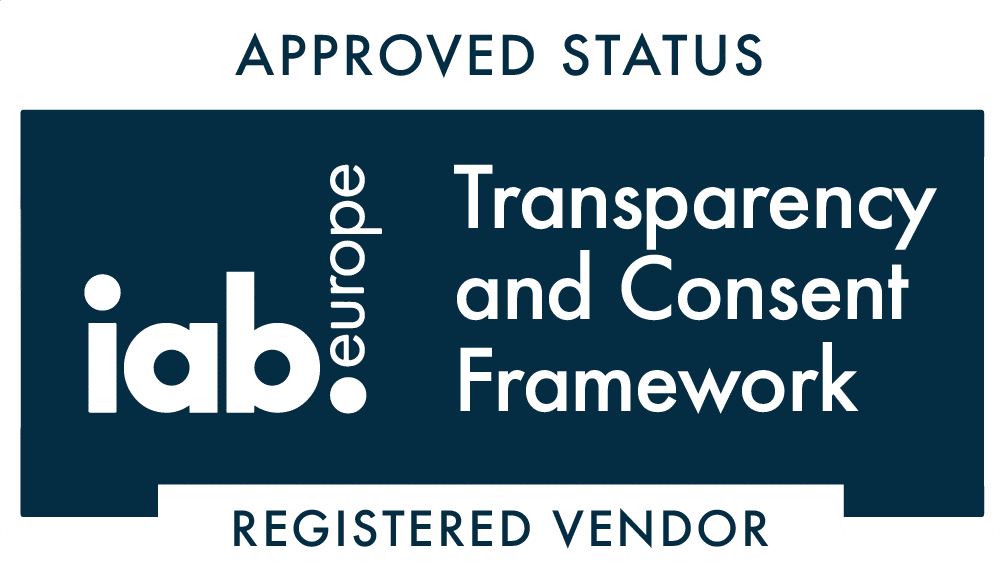Website owners who have been keeping an eye on their Analytics data this week might have been surprised to see a sudden upturn in the number of organic searches showing as (not provided). The proportion of (not provided) searches has been steadily rising since it was introduced in 2011, but it has become all-encompassing this week. So, what is going on?
Quick recap – organic keywords
Since the dawn of search engines, site owners have always been able to measure what terms people use to find their website. This has worked both for paid search (Adwords and other PPC programs) and unpaid search, aka organic search.
This data has always contained a wealth of knowledge, showing us what website users are looking for when they visit our websites. In turn this has allowed site owners to understand how they can shape their websites to better serve those customers.
Enter (not provided)
In the final quarter of 2011 Google decided that there were times when site owners should not have access to the data relating to what people search for on Google. They made the decision to strip this information before they transferred the visitor to the resulting website, but only when visitors were using the secure version of their search engine. The publicly stated reasoning for this was that those choosing to search securely would not expect the subject of their search to be shared.
The growth of (not provided)
Since then the proportion of searches directed through this secure version of Google search has increased and the proportion of (not provided) searches has increased with it. This month secure search became default for everyone and (not provided) has reached close to 100% for traffic crom Google.
Why?
Official reasoning is still the security of users, although this is being questioned by many due to inconsistencies in the policy. For example advertisers still receive that same information when the search results in a paid for click.
How can I get this information back?
Sorry, you can’t. The information is removed at source, so switching from Google Analytics to another package is not going to help. It is gone. There are some methods to lessen the impact of the data loss and fill in some of the blanks, but these are far from perfect.
You still have search keywords listed in Google Webmaster Tools, but the metrics that accompany those are wildly inaccurate.
Is there any good news?
Some… but I will admit to clutching at straws here.
Firstly: everyone is in the same boat. By losing this data you are not losing any advantage as it is impacting everyone equally. Secondly, this will probably (ok, possibly) hit those using lower quality search promotion harder than those using more customer focused methods. Those site owners who have already stepped back from micro-managing keywords and looking at broader goals will probably feel the impact less.






